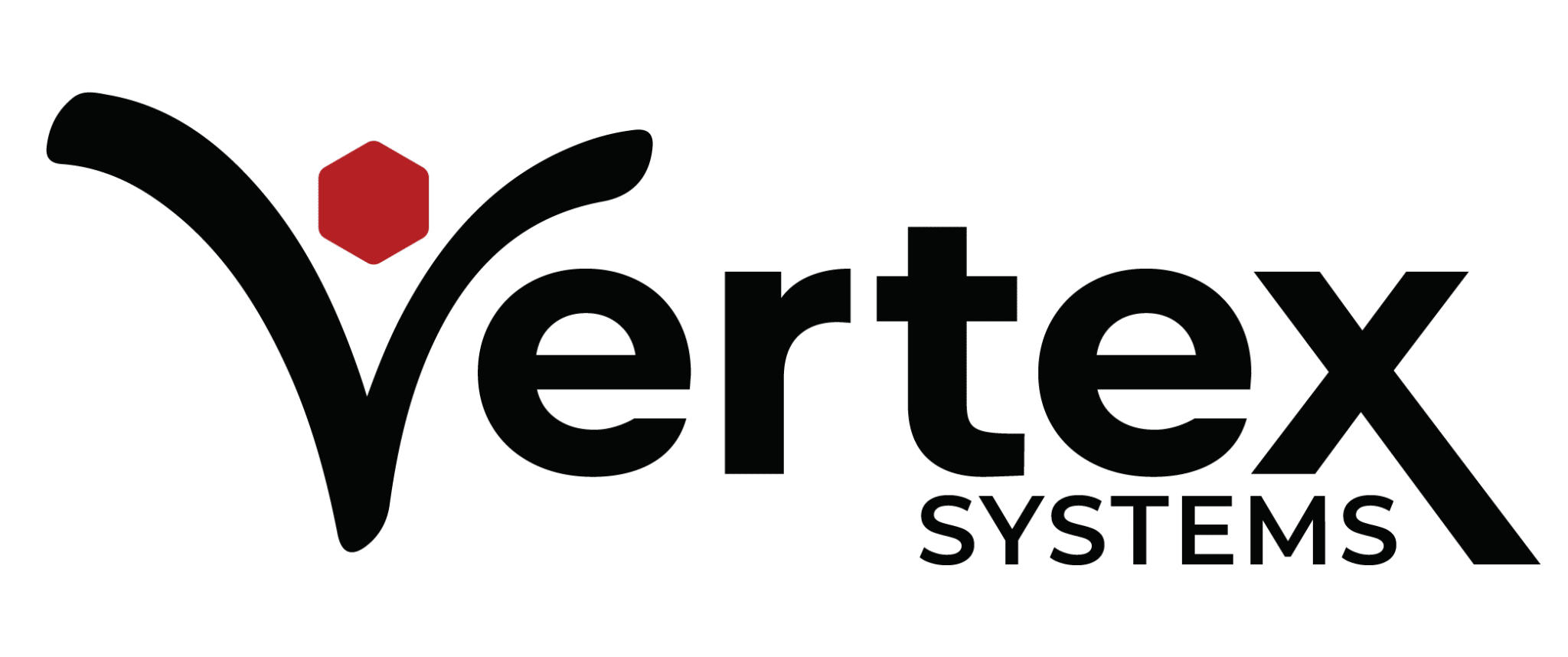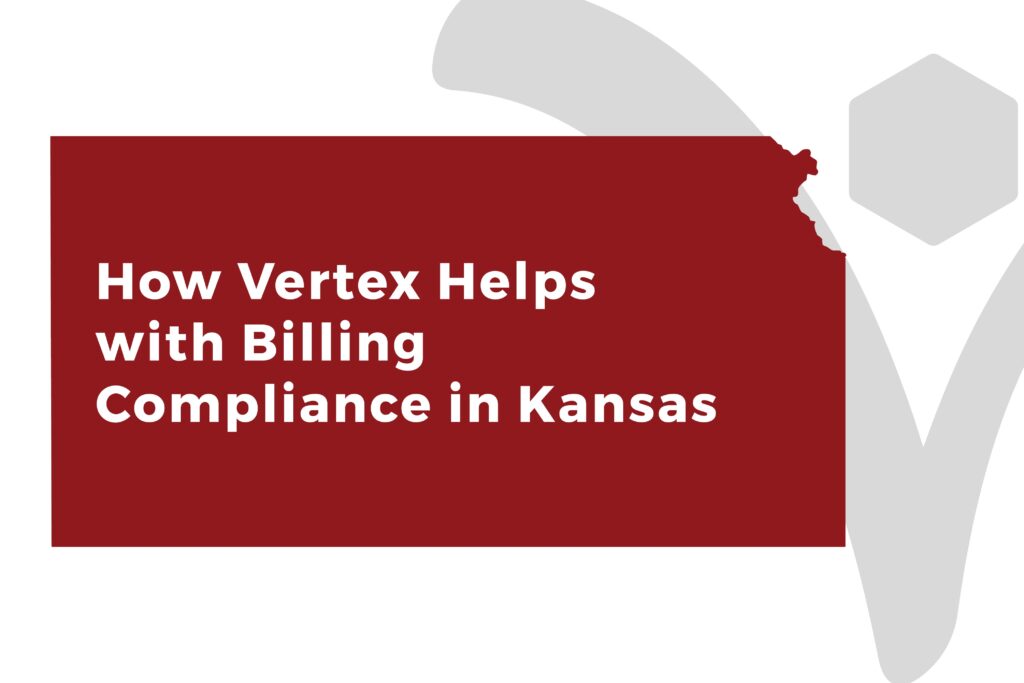The state of Kansas operates under specific regulations that govern claims submission and payment through Managed Care Organizations (MCOs) and the Kansas Medical Assistance Program (KMAP). Compliance with these guidelines is essential to ensure timely reimbursement, reduce errors, and streamline administrative processes.
The 837 claim and 835 billing processes are central to this system, and more and more organizations are shifting to electronic data interchange (EDI) as a means of improving efficiency in claims processing. With Vertex’s Billing Manager module, IDD agencies and other organizations can effectively simplify these processes while increasing accuracy and enhancing compliance.
Kansas Billing Regulations and How They Work
Kansas-based IDD organizations process Medicaid claims through KMAP, which uses electronic data interchange (EDI) to facilitate healthcare transactions. The 837 claim format is required for submitting electronic healthcare claims, while the 835 file serves as the remittance advice detailing how claims have been processed.
Here’s a high-level overview of this process in Kansas:
- 837 Files are used to submit patient claim information, such as demographic details, diagnosis codes, procedures performed, and billed amounts. These files replace traditional paper submissions like the CMS-1500 form.
- 835 Remittance processes reconcile these claims, providing insights into payments made, denials, reductions, or adjustments. This electronic receipt is essential for keeping accurate payment records, especially for organizations and providers handling Medicaid dollars.
- MCOs like United Healthcare (UHC) and Availity play a key role in managing Medicaid funds, overseeing claims submission and reimbursement.
The Benefits of an Integrated Billing Solution for EDI
Vertex’s Billing Manager module offers a robust, integrated electronic billing solution that handles everything from 837 claim generation to 835 file reconciliation. Beyond streamlining billing processes, however, our module offers a range of benefits that improve your IDD organization as a whole:
- Compliance with MCOs: Billing Manager ensures compliance across insurers like UHC and Availity while cutting out the hassle of paper-based submissions.
- Improved Time to Reimbursement: Automating claims submissions with Billing Manager speeds up payments significantly, freeing up cash flow for critical services.
- Reduced Administrative Burden: Eliminate tedious paperwork and enjoy the efficiency of a cloud-based system that accurately tracks claims and reconciliations.
- Accuracy and Compliance: Our electronic system reduces errors and denials, making for a streamlined and frustration-free experience for providers and administrators.
- Cost-Efficiency: Reduce costly errors and administrative staff time associated with manual processes.
- Community Impact: Faster reimbursement means more resources to focus on serving individuals.
- Improved Decision-making: Billing Manager provides insightful analysis into your billing data, which includes real-time information on finances and authorization amounts.
Kansas-Based IDD Organizations Can Thrive with Vertex
Insurance billing for IDD services varies state-to-state, and the best platform for your organization will be tailored to your state’s unique compliance requirements. For this reason, organizations that need tools that adapt to the complexities of insurance billing in Kansas can benefit tremendously with a platform like Vertex.
Our expertise in state billing regulations, combined with Billing Manager’s EDI capabilities, ensures your organization gets reimbursed for the vital work you do. Get started with Vertex today and start taking advantage of smarter, more efficient billing in your state.

